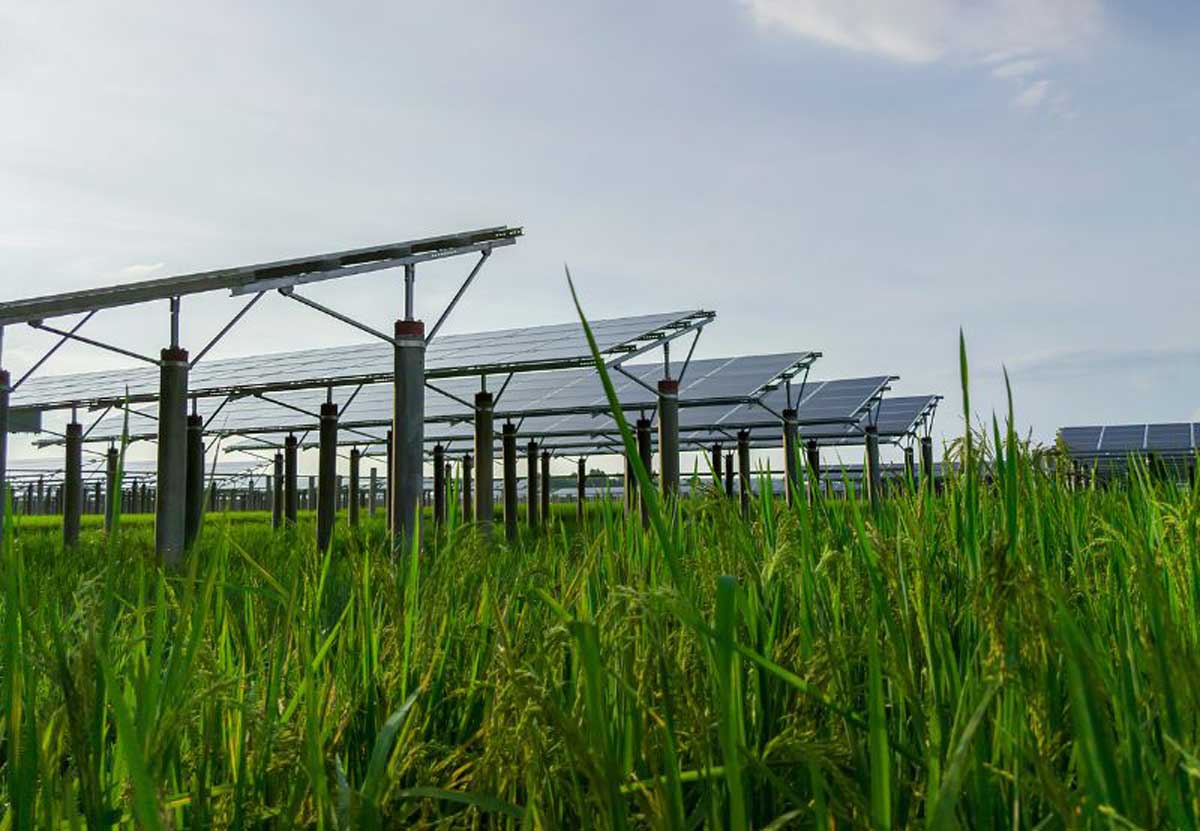
Under PM-KUSUM initiative MSEDCL seeks bids for 225 MW solar energy

SPAN FLOORS Brings Italy’s Bespoke Flooring Brand Flooma to India
SPAN FLOORS has expanded its design-focused portfolio with the introduction of Flooma, an Italian atelier known for customised wooden floors and intricate inlay craftsmanship, to the Indian market.Rooted in Italian woodworking traditions, Flooma specialises in translating architectural concepts into one-off flooring designs. Clients can customise existing patterns or commission entirely new layouts, with flexibility across materials, finishes and inlay detailing. This makes the brand particularly suited to luxury residences, boutique hospitality projects and design-led spaces where flooring fo..

Alliance City Begins Construction of Alliance Harmony in Matunga
Alliance City Developers Realtors has performed the bhoomi pujan for Alliance Harmony on 7 February 2026, marking the commencement of construction of its premium residential development in Matunga.Positioned as a boutique project, Alliance Harmony is designed around a one-residence-per-floor concept, offering enhanced privacy with direct elevator access. The development will comprise well-planned 3 BHK apartments and signature 4 BHK sky villas, with an emphasis on natural light, cross ventilation and low-density living.Located on Balkrishna Sule Marg, opposite the ICT Library in Matunga, the p..

VOX Installs SPC Flooring at Namrata Shirodkar’s Hyderabad Home
VOX has integrated its wood-finish SPC flooring at the Hyderabad residence of actress Namrata Shirodkar, adopting a surface-led approach that balances material performance with visual warmth across key areas of the home, including private interiors and balconies.The flooring application draws on the familiarity and comfort traditionally associated with wood in residential interiors, translating travel-inspired influences—such as Swiss chalets and European hotel interiors—into a cohesive surface language suited for everyday living. The design supports a consistent interior aesthetic while g..

















